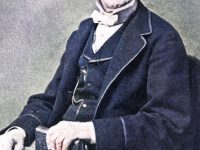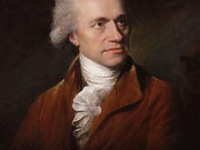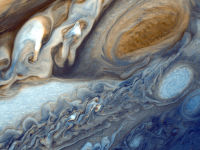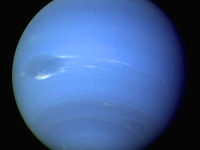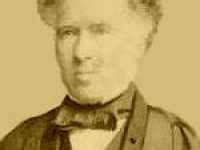William Lassell and the Discovery of the Uranus Moons Ariel and Umbriel
On October 24, 1851, English merchant and astronomer William Lassell discovered Ariel and Umbriel, two moons of planet Uranus. Besides, he also discovered the Neptune moon Triton and the Saturn moon Hyperion. William Lassell – Early Years William Lassell was born in Bolton, Lancashire, UK, and educated in Rochdale Academy. He was apprenticed to a merchant in Liverpool and later became a beer brewer and hobby astronomer. Lassell built himself an observatory…
Read more

